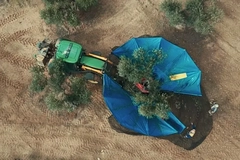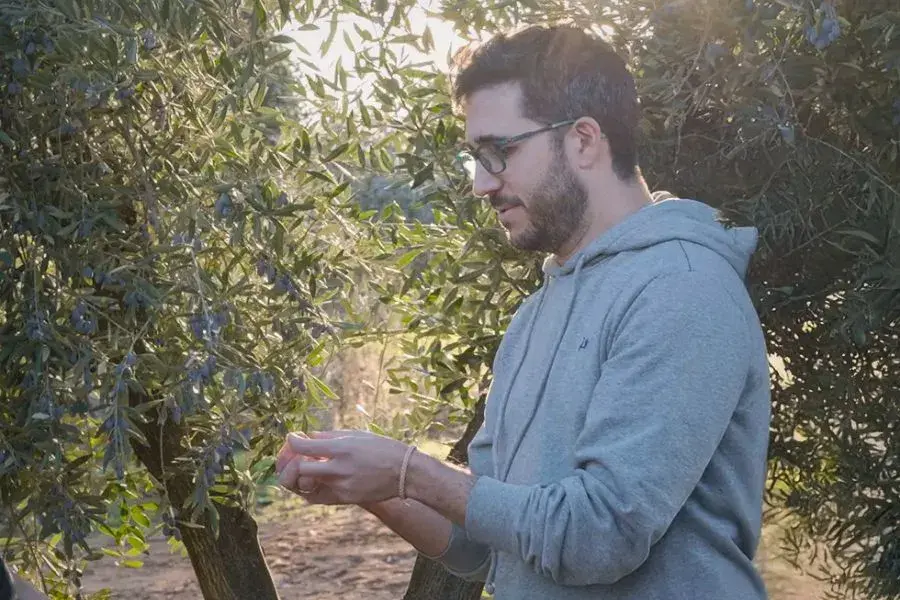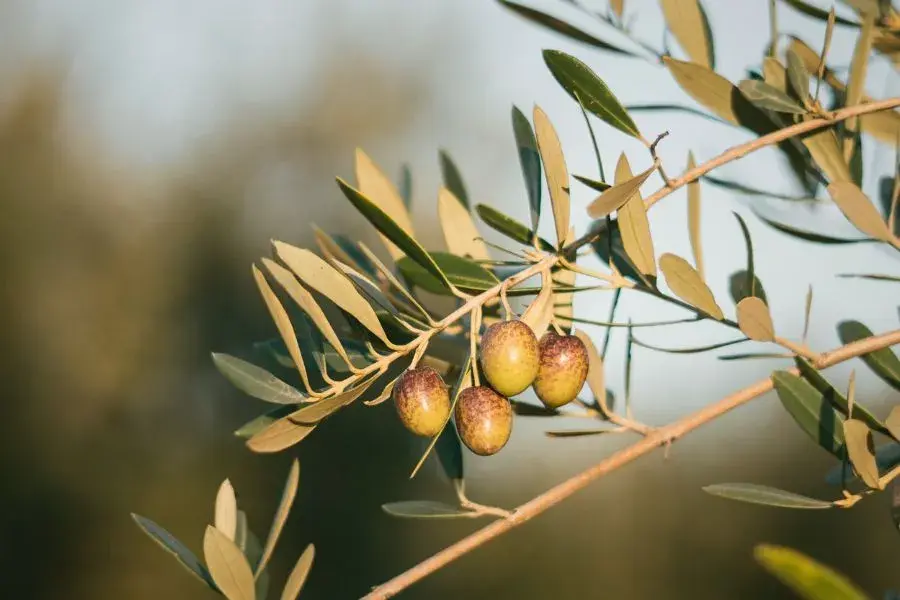Olive waste to olfactory wealth: Eurofragance talks innovating circular scents
Key takeaways
- Olivante transforms olive byproducts into an upcycled fragrance ingredient.
- Eurofragance’s collaboration with Spanish olive producers supports local communities and promotes circular economy principles.
- The ingredient meets the growing demand for sustainable, ethical perfumery.

Eurofragance’s upcycled perfumery ingredient Olivante targets Middle Eastern and Western consumers who seek natural “opulence” through sustainable practices. The solution is made from a natural, eco-friendly process that transforms olive byproducts into a fragrance raw material.
Personal Care Insights speaks with Felipe San Juan, R&D manager of Ingredients & Fragrance Performance at Eurofragance, about the sustainability credentials of Olivante and how it contributes to a circular economy at a time when consumers are increasingly paying attention to ethical supply chains.
The multinational fragrance house claims its ingredient adds richness to fine fragrances and personal care products. Olivante was unveiled at Beautyworld Middle East in Dubai, UAE.
According to Eurofragance, not all olive pulp can be used, as only specific varieties produce the desired aromatic complexity. If not used to create Olivante, the waste material would otherwise be discarded.

Innova Market Insights data suggests that product launches in the personal care sector featuring upcycled ingredients soared by 196% between April 2020 and March 2025. According to the research, half of global consumers said they actively seek out upcycled ingredients when shopping for personal care products, signaling a growing demand for sustainability-driven innovation.
How do you ensure ethical and sustainable sourcing of Olivante?
San Juan: Olivante is Eurofragance’s fourth proprietary ingredient and a clear example of how scientific innovation can align with sustainability and environmental commitment. Olivante is made through 100% natural, upcycling processes. It transforms discarded waste material from olive mills into a valuable perfumery ingredient.
Our partner is a cooperative established by local olive oil producers with the aim of creating additional economic value from discarded olive by-products. This initiative supports the local community, fosters job creation, and stimulates economic activity. Moreover, responsible management of waste from the olive oil industry helps mitigate its potential harm to surrounding ecosystems.
 Eurofragance’s R&D team transforms waste into perfume innovation. Through this collaboration, Eurofragance actively promotes the reuse of these discarded materials while contributing to meaningful social and environmental impact.
Eurofragance’s R&D team transforms waste into perfume innovation. Through this collaboration, Eurofragance actively promotes the reuse of these discarded materials while contributing to meaningful social and environmental impact.
The project was conceived to create a perfumery ingredient capable of bringing opulence, richness, depth, and sophistication to fragrances, but from a sustainable standpoint. In Middle Eastern perfumery — a key region for Eurofragance — opulence is highly appreciated, and Olivante offers phenolic and animalic facets that evoke castoreum, prized in mukhallat-style compositions. At the same time, the ingredient fits perfectly into Western perfumery, intensifying fruity, sweet, and floral notes without leaving any greasy or oily traces.
What did the sourcing process look like?
San Juan: The development of Olivante is the result of close collaboration with local olive producers and waste-management engineers in a specific region of Spain. For months, the Eurofragance R&D team — led by me and Magdalena Rey, junior technical perfumer — travelled across the Spanish countryside in search of the olive variety with the most promising combination of volatile compounds and precursors. Through this precise selection and a multi-stage purification process, it was possible to obtain the optimal original material and transform it into a new perfumery ingredient: Olivante.
This approach underscores Eurofragance’s commitment to the circular economy and the responsible use of natural resources. At the same time, it reinforces the local agricultural and production ecosystem through strategic partnerships that generate added value and foster sustainable development in rural communities. With this project, the company reaffirms its Mediterranean identity, connecting its Spanish legacy with the olive-growing heritage of the Levant, the cradle of the olive tree.
The management of discarded olive pulp requires manual labor, thereby creating employment opportunities. Its transformation generates economic benefits that are reinvested in improving olive cultivation — such as the mechanization of agricultural tasks and the optimization of the oil extraction process — ultimately boosting productivity and increasing income for local producers.
Does Eurofragance monitor the environmental impact of olive cultivation and pulp extraction to ensure the project doesn’t unintentionally create new sustainability issues?
San Juan: Eurofragance does not oversee or track olive cultivation or the generation of waste during olive oil production. However, we take full responsibility for ensuring that our captive ingredient feedstock does not contribute to any additional environmental impact beyond what may already result from the olive oil industry. By repurposing this waste, we actively help prevent potentially harmful materials from entering natural ecosystems. Felipe San Juan from Eurofragance tells us about how Olivante gives olive byproducts a fragrant second life.
Felipe San Juan from Eurofragance tells us about how Olivante gives olive byproducts a fragrant second life.
Regarding the transformation of this waste into our proprietary ingredient, we also guarantee that the management and use of the waste material does not have any additional environmental impact. To achieve this, we have implemented a green process — designed to have virtually no environmental footprint — which we rigorously control and supervise in close collaboration with our partner.
How is Eurofragance planning to ensure the ongoing availability of high-quality olive pulp?
San Juan: The olive industry in Spain and other Mediterranean countries is extremely important and will continue to be so in the future. In our country, around 10 million tonnes of olives are produced, which are used to produce virgin oil.
Eighty per cent of these olives are discarded as waste. Only our partner, who guarantees us optimal and constant quality raw materials, can process around 80,000 tonnes of waste per year. The amount required to produce Olivante is a small percentage of this total, which ensures that we are not exploiting the resource or local supply chains.













